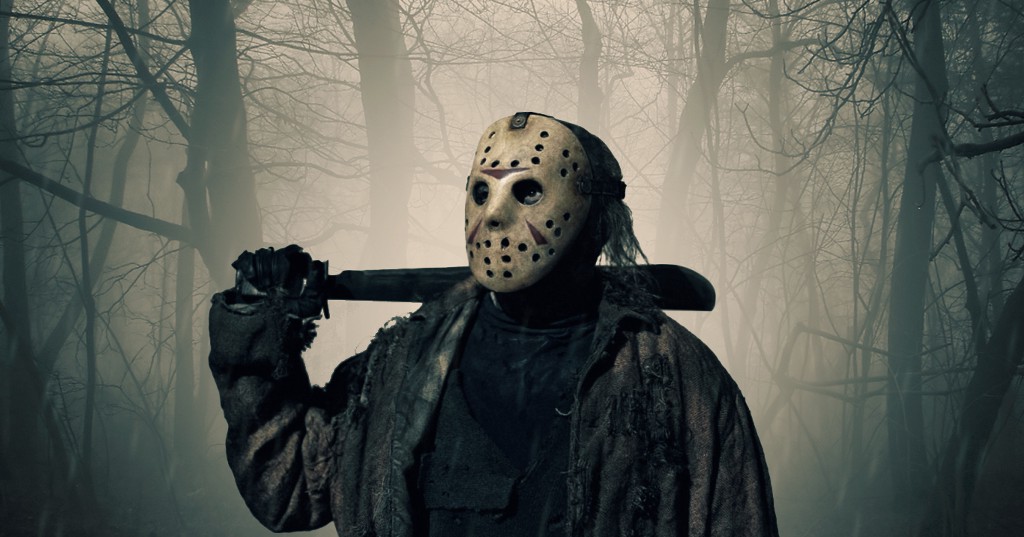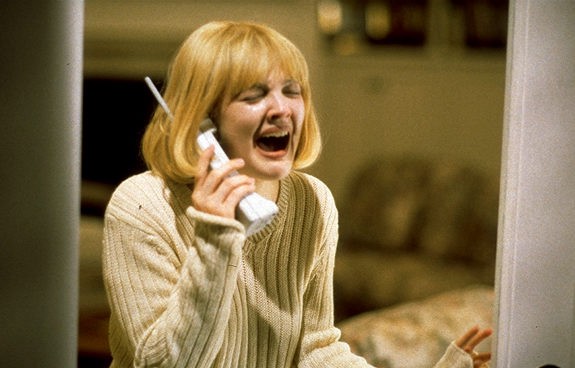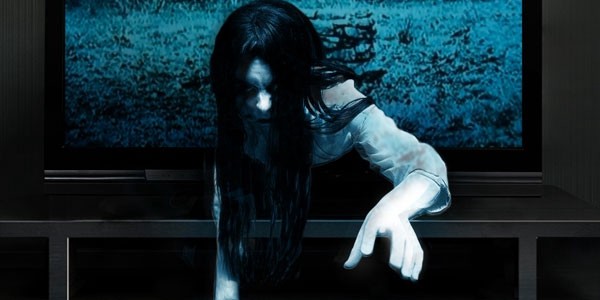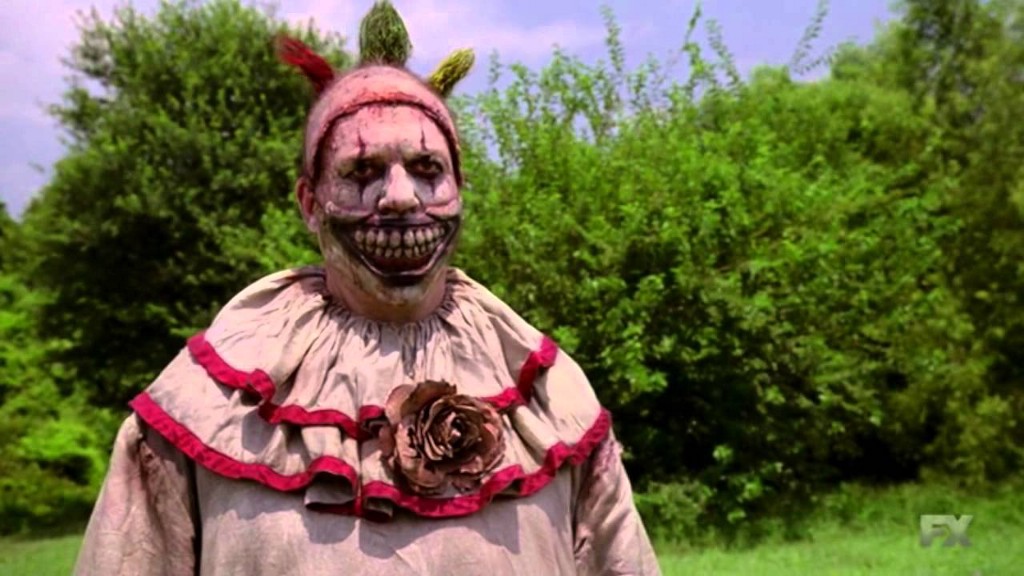Watching Horror Movies Helps People Cope With Anxiety

When your heart races, the accompanying adrenaline rush provides an escapist high.
Like 40 million other Americans over the age of 18, I suffer from Generalized Anxiety Disorder. Thoughts that keep me awake at night include everything from “Would I be a good cat mom?” to “How would I karate-chop the shit out of someone if they tried to break into my apartment?”
I’ve always been paranoid about safety. I spent the summer before fifth grade setting up “Home Alone”-style booby traps in case someone tried to break into our house and steal my brother’s Nintendo.
You might think someone paranoid about security, like me, wouldn’t be a fan of the horror movie genre—but surprisingly, I am. Scary movies turn off my brain’s anxious thought cycle by encouraging me to focus on somebody else who has worse problems, like you know, receiving phone calls from sadistic masked killers.

It may seem counter-intuitive that watching slasher flicks, which cause people to cower in fear and scream into their pillows, could actually help with anxiety, but like other self-care treatments, it provides a form of escape.
“People enjoy watching horror movies because fear is a primary emotion,” John Kuziel, psychotherapist at Ingalls Hosptial, says. “The amygdala sends out stress hormones of cortisol and adrenaline, which gives us a secondary high. The best part of watching scary material is the escapism and to see the dichotomy of good versus evil forces.”
When we get scared, the hypothalamus triggers a “fight or flight” response, which pumps adrenaline, glucose and cortisol throughout our bodies. We might not be trembling under our beds, hiding from an actual killer, but our brains are preparing for the worst.
And that rush of adrenaline keeps us coming back for more. Just as drug users seek out more so they can feel high, people also chase the intense feelings caused by watching a horror flick.

Perhaps horror movies also help some cope with anxiety because we as a culture are desensitized to the genre. Modern horror films have become more about gore and special effects and less about actual plot lines (hence all the remakes—but I digress). We don’t become attached to the characters because we know they could die at any given moment. When we can predict what’s going to happen, we feel a sense of mastery and relief, which provides comfort.
We’re also regularly exposed to violence in the media, which further desensitizes us to what we see on the screen. “Research shows that if people repeatedly see a picture of a fearful face in an experiment, their amygdala reaction to this decreases over time,” Dr. Maria Ironside at Oxford University told Broadly.
So perhaps because we’re constantly exposed to violence IRL, the horror genre loses its fear factor. There’s a psychological disconnect when we know something isn’t real. That would explain why gore and special effects are taking over—people need a heightened high in order to feel scared.

Kuziel also argues people find comfort in horror movies as a way to “subconsciously make sense of their past.” Perhaps I find ease in scary movies because I’m confronting my childhood fears of my house being broken into head on.
Obviously horror films won’t help everyone cope with their anxiety, but if it’s a method that works for you, there’s no harm in binging away.
